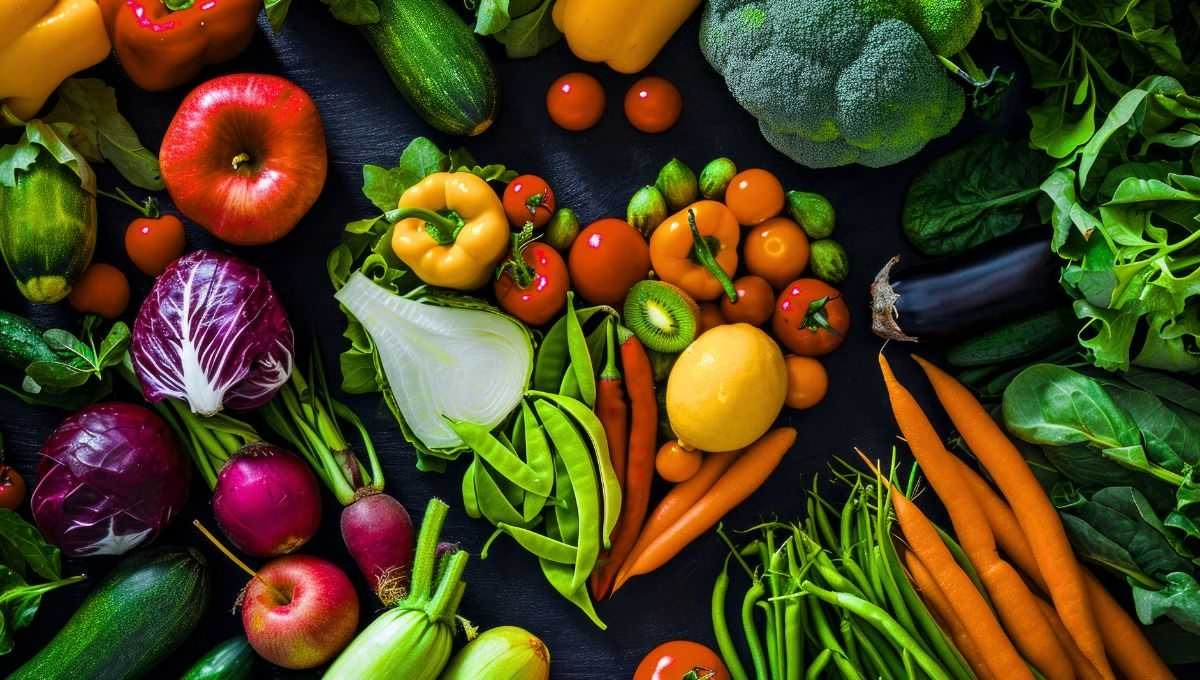When it comes to healthy eating, vegetables are often the unsung heroes.
They are packed with vitamins, minerals, antioxidants, and fiber, all essential for keeping our bodies in peak condition.
According to a Stanford-trained health expert, eating a diverse range of vegetables can dramatically reduce the risk of chronic diseases, boost energy levels, and even help extend your lifespan.
Here are the 8 super vegetables you should eat more often and why they’re so powerful for your long-term health.
1. Broccoli: The Green Shield Against Disease
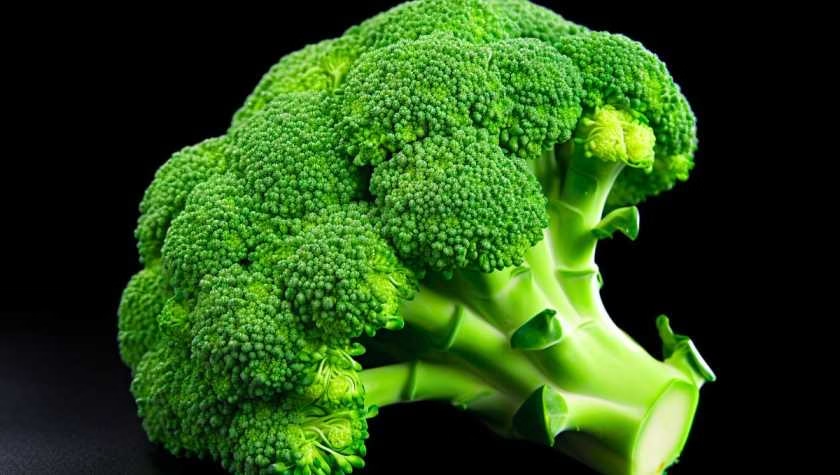
Broccoli is often called the king of vegetables, and for good reason.
It’s loaded with vitamin C, vitamin K, and vitamin A, along with key minerals like potassium, calcium, and iron.
This cruciferous vegetable is rich in antioxidants and dietary fiber that help fight inflammation, protect heart health, and promote smoother digestion.
One of broccoli’s star compounds, sulforaphane, is known for its potential cancer-fighting properties.
It also contains lutein and zeaxanthin, two carotenoids that protect your eyes and help maintain stable blood sugar levels.
Read more:-Kerala on Alert : Brain-Eating Amoeba Kills 19
How to eat:
Lightly steam broccoli (don’t overboil) to retain nutrients. Add it to soups, salads, or stir-fry for a wholesome meal.
2. Beetroot: The Heart and Blood Health Booster
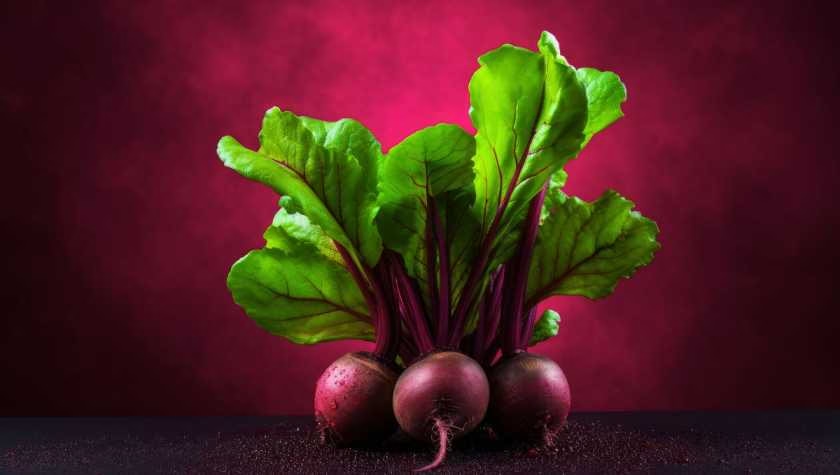
Beetroot isn’t just a pretty color in your salad bowl; it’s a nutritional powerhouse.
It’s rich in folate, manganese, iron, potassium, and vitamin C, giving it both color and health benefits.
Beets contain betalains, natural antioxidants that help fight inflammation and support the body’s detoxification process.
They’re also low in calories but high in nutrients, making them an excellent choice for weight management.
Most importantly, the nitrates in beets improve blood flow, reduce blood pressure, and support a healthy heart.
Read more :-Biryani’s Out, Health’s In – Stay Healthy Evening Meal!
Their fiber content helps regulate digestion and keeps you feeling full longer.
How to eat:
Enjoy beets in various forms, such as boiled, roasted, juiced, or in salads. Drinking beet juice in the morning can boost your stamina and lower blood pressure naturally.
3. Sweet Potatoes: Energy, Fiber, and Eye Health in One
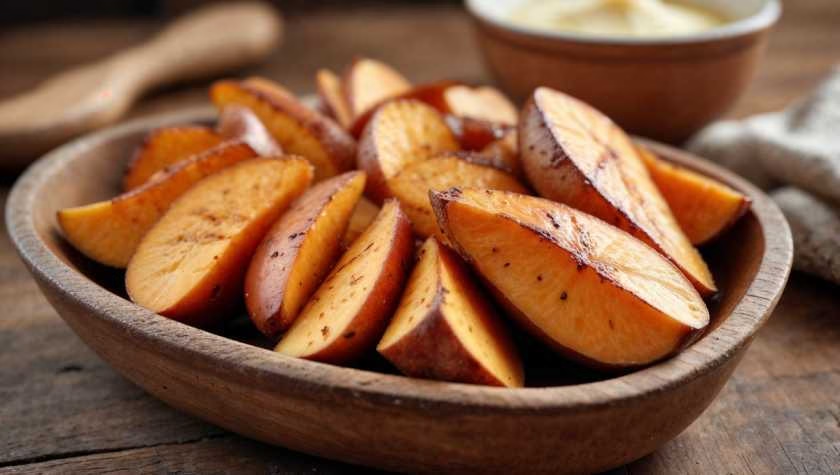
Sweet potatoes often get a bad rap for being “too starchy,” but they’re actually packed with vital nutrients.
They contain beta-carotene, vitamins A and C, potassium, manganese, and fiber, making them an all-around health booster.
Sweet potatoes have a medium to high glycemic index, but when boiled, their sugar content reduces significantly.
Their dietary fiber aids digestion and helps control blood sugar levels.
Antioxidants in sweet potatoes protect cells from damage, potentially lowering the risk of heart disease and cancer.
They’re also great for eye health, immunity, and brain function.
How to eat:
Boil, roast, or mash them. Use sweet potatoes in salads, soups, or even as a healthy filling for wraps and rotis.
4. Leafy Greens (Spinach, Kale, Swiss Chard): Nature’s Multivitamin
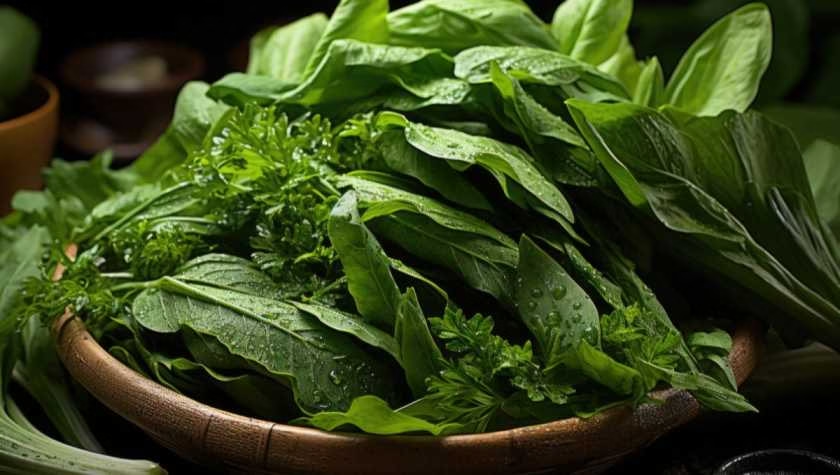
When your mom told you to eat your greens, she was absolutely right.
Leafy greens like spinach, kale, and Swiss chard are loaded with vitamins A, C, and K, plus essential minerals such as iron and calcium.
They’re packed with antioxidants that protect cells from oxidative stress and keep inflammation under control.
These greens also support strong bones, healthy eyesight, and a resilient immune system.
How to eat:
Add them to smoothies, soups, omelets, or stir-fries. Eating at least one serving of leafy greens daily can make a big difference in your overall health.
5. Brussels Sprouts: Small in Size, Big in Power
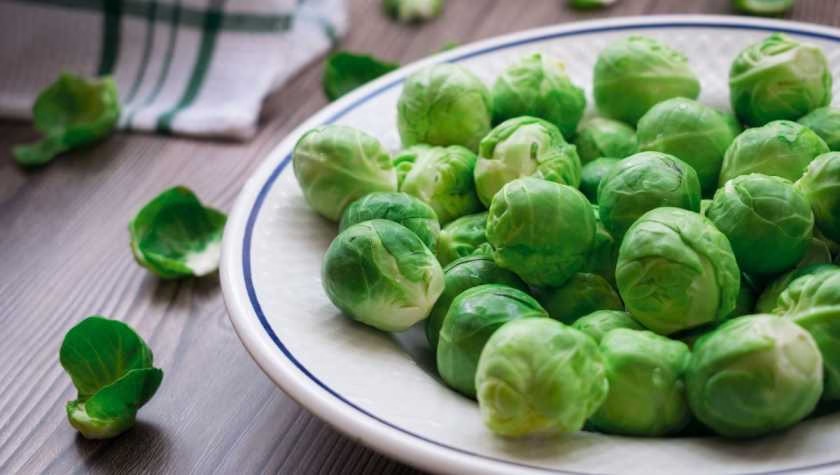
Brussels sprouts might not be as popular in India or Asia, but they’re nutritional superstars.
Belonging to the same family as broccoli, they contain vitamins C and K, fiber, and antioxidants.
They help reduce inflammation, improve blood vessel function, and lower cholesterol levels.
Brussels sprouts are also rich in glucosinolates, which convert into protective compounds that may help prevent certain cancers.
How to eat:
Steam, roast, or sauté them. Add to pasta, salads, or even make veggie patties for a nutrient-packed meal.
6. Cauliflower: The Detox & Weight-Loss Champion

Cauliflower is one of the most versatile and underrated vegetables.
It’s an excellent low-carb alternative to rice or potatoes — perfect for those watching their weight.
This cruciferous vegetable is rich in vitamin C, K, fiber, and antioxidants, which help flush toxins from the body and improve digestion.
Cauliflower supports blood sugar balance, brain health, and heart function.
Its sulfur compounds enhance liver detoxification and protect against oxidative stress.
How to eat:
Try cauliflower rice, mash, soup, or simple stir-fry. It’s light, filling, and incredibly nourishing.
7. Carrots: The Eye and Skin Protector
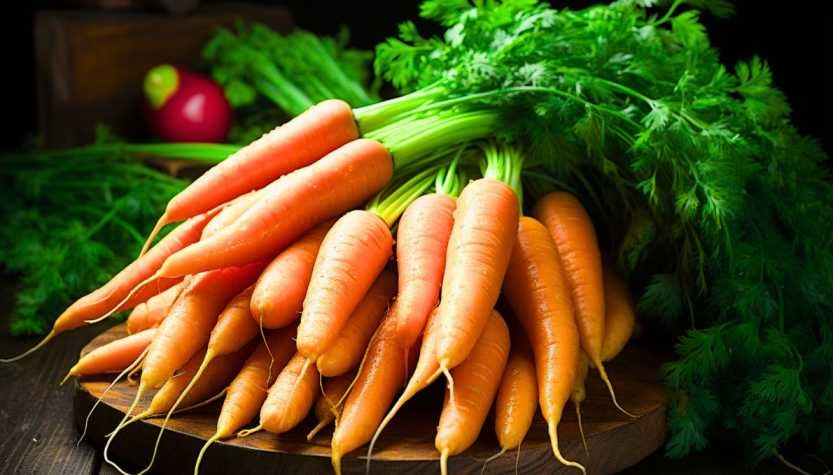
Carrots are a classic vegetable that deserves a permanent place in your diet.
They’re rich in beta-carotene, which the body converts into vitamin A, essential for vision, skin health, and immunity.
Carrots also contain vitamin K, potassium, and fiber, all of which promote heart health and digestion.
Regular consumption can help reduce the risk of certain cancers and maintain healthy teeth by increasing saliva production and fighting bacteria.
How to eat:
Eat raw, in salads, soups, or light stir-fries. Carrot juice or carrot halwa are delicious ways to enjoy this powerhouse veggie.
8. Bitter Gourd (Karela): The Natural Blood Sugar Regulator
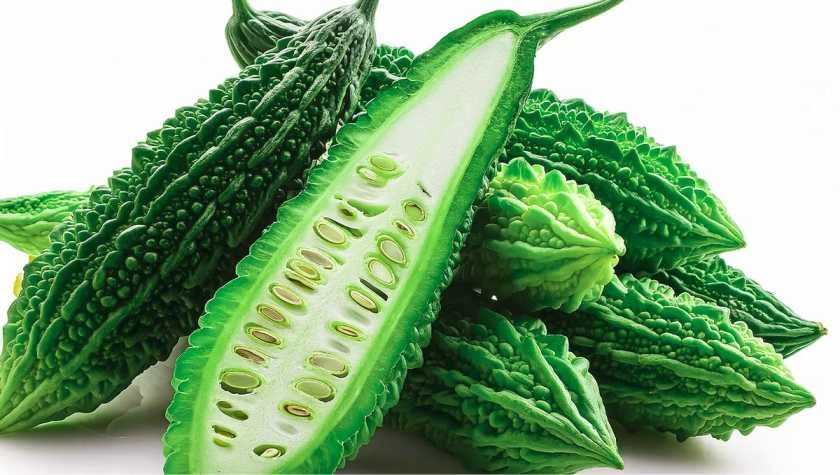
Not everyone loves bitter gourd, but it’s one of the most beneficial vegetables you can eat.
It’s rich in vitamin C, vitamin A, and antioxidants that help fight inflammation and strengthen immunity.
Bitter gourd is best known for its ability to lower blood sugar levels, making it ideal for people with diabetes or those trying to manage their glucose naturally.
It also supports liver detoxification and helps cleanse the intestines, promoting better digestion.
How to eat:
To reduce bitterness, soak sliced karela in salted water overnight before cooking. Then stir-fry, stuff, or add it to curries for a healthy twist.
Why You Should Eat a Variety of Vegetables Daily
Each vegetable has a unique color, and that color reflects its special nutrients.
Green veggies are rich in chlorophyll and iron.
Red and purple veggies contain anthocyanins and antioxidants.
Orange and yellow veggies are full of beta-carotene and vitamin A.
Different veggies each day – balanced nutrition and stronger health.
Strengthen immunity
Reduce blood pressure
Support heart and liver health
Improve digestion
Slow down aging and oxidative stress
Simply put, diversity on your plate equals strength in your body.
The Secret to Longevity Lies in Your Plate
In today’s world of fast food and instant meals, we often forget the power of real, natural food.
These eight vegetables are simple, affordable, and widely available, yet they hold the key to long-lasting health and energy.
Eating them regularly doesn’t just protect you from chronic disease; it helps your body thrive, your mind stay sharp, and your skin glow naturally.
A healthy life starts in the kitchen.
Add color to your plate, fill it with nature’s best vegetables, and your body will thank you with strength, vitality, and a longer, happier life.

Hi readers. I’m Piyali Batabyal, a passionate blogger who loves to share her thoughts, ideas, and experiences across a variety of topics—from lifestyle and beauty to personal growth and creativity. With a curious mind and a love for words.
Alongside my writing, I am also a professional makeup artist with a flair for enhancing natural beauty and creating transformative looks.

